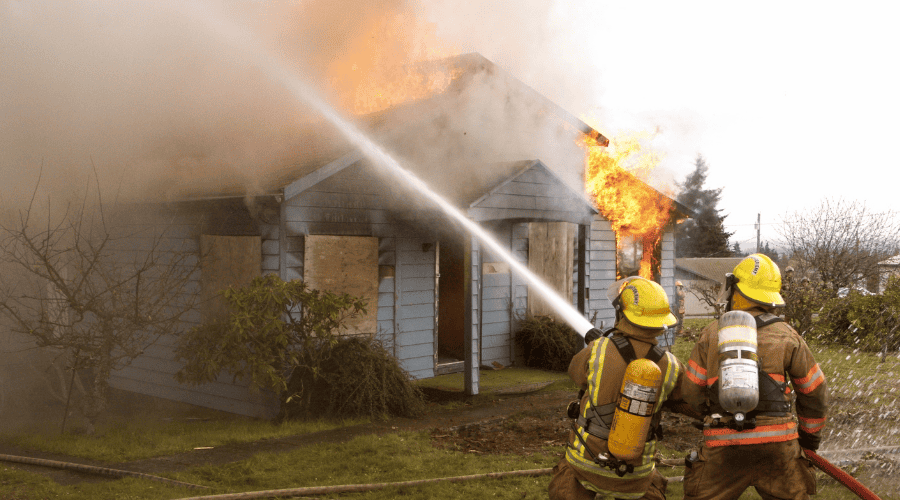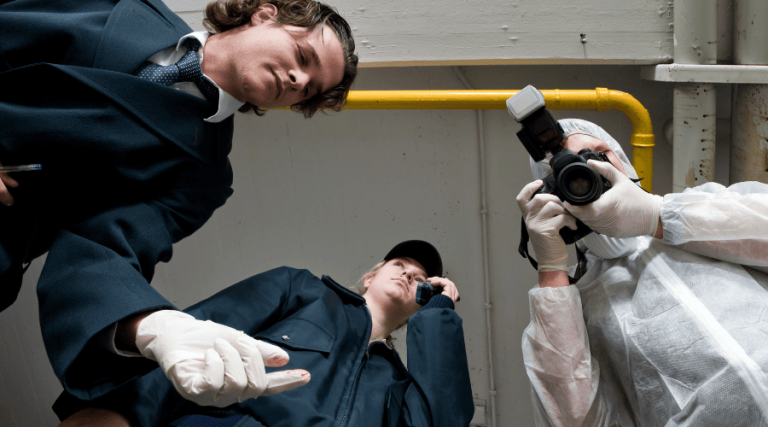
White House Presents Evidence Linking Syrian Regime to Sarin Gas Attack in Khan Sheikhun
The White House today released what it described as “clear and consistent” evidence implicating the Syrian regime, led by Bashar al-Assad, in the sarin gas attack in Khan Sheikhun, Idlib, that occurred a week ago. The attack, which left more than 80 people dead—including children—has drawn widespread international condemnation.
Key Evidence and Findings
Officials from President Donald Trump’s National Security Council briefed reporters, stating that they have “physiological evidence” confirming that the Assad regime used sarin gas against civilians in the rebel-held area. The evidence includes medical samples from victims and analysis of symptoms consistent with exposure to the deadly nerve agent.
Investigations reveal that a Syrian fighter jet from the Shayrat airbase in Homs province was responsible for launching the attack early in the morning on April 4. Satellite imagery, radar data, and additional intelligence reportedly tracked the aircraft’s movements prior to the strike. For further details on the evidence, see our report: US Provides Evidence That Syrian Regime Carried Out Chemical Attack With Sarin Gas.
Questions of Complicity and International Reactions
US officials also raised serious questions about Russia’s role, noting that the longstanding military cooperation between Syria and Russia—particularly at Shayrat airbase—makes it difficult to believe Moscow was unaware of the impending attack. The administration categorically rejected claims by Syria and Russia that the deaths were due to an accidental bombing of a chemical weapons storage facility.
The deliberate targeting of civilians, argued US officials, appears to be part of an operational strategy by the Assad regime aimed at weakening rebel forces and maintaining control of strategic regions like Hama. This development has prompted the United States to launch a missile strike on Shayrat airbase, a move aimed at deterring further use of chemical weapons.
Global Implications and Ongoing Debate
The attack has deepened divisions within the international community. While US, UK, and French officials call for stronger measures to hold the Assad regime accountable, Russia—one of Assad’s key allies—has condemned the missile strike as an act of aggression. The incident has reignited debates at the United Nations Security Council, where efforts to pass a resolution condemning Syria face resistance from Russia and China.
The use of chemical weapons in the Syrian conflict, including previous incidents, continues to raise urgent questions about the effectiveness of international mechanisms for preventing war crimes. To read more about the broader implications of such chemical attacks, check out Reuters’ coverage on Syrian chemical weapons.
Additional Local News and Context
While the focus remains on Syria’s chemical attack, local news readers can also explore other developments on our site:
- Former Miami-Dade Mayor Involved in Shooting at Merrick Park Gym
- Man Fatally Shot in Fort Lauderdale
- Caution Advised: Rip Currents Pose Danger on Florida Beaches Weekend
These stories, while distinct, underscore the broader issues of public safety and government accountability both domestically and internationally.




